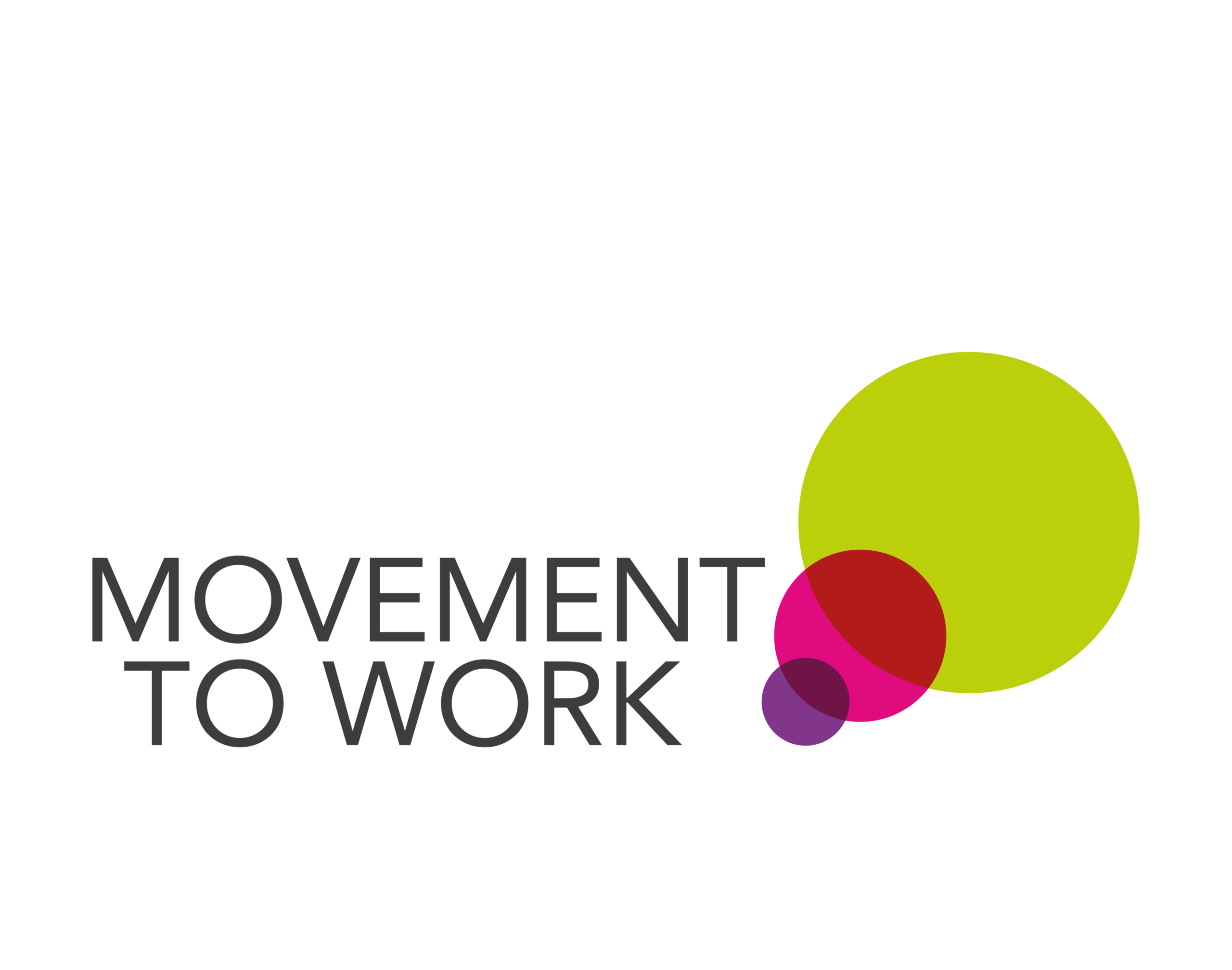A recently published report by DMH Associates has found that young people want career guidance but are struggling to find it. Young people from disadvantaged backgrounds, who need most support, are also struggling to get access to professional career guidance.
Key findings of the report include:
Young people want career guidance but are struggling to find this, yet are willing and enthusiastic to invest their own time in careers activities within and outside of school.
- 72% of pupils of all years stated that for them careers information, advice and guidance activities are either “Very important” or “Essential”. The majority are keen and willing to invest their own time with over 69% of Years 7 to 11 stating this, and in particular 85% of year 7 pupils.
The gap has widened between advantaged and disadvantaged children. As school budgets and resources remain squeezed crucial ‘soft’ elements of provision, such as career guidance, get pushed further down the priorities listing. The children who suffer the most and miss out are again those who do not have the home support or finance to make up the shortfalls.
- Less than 19% of secondary pupils reported they have had a conversation with a school careers leader, careers adviser or an employer. Additionally, 8% of pupils reported they had not spoken to anyone at all.
- 59% of pupils reported they had not carried out any exercises at school to identify their skills and/or personality. By contrast employers indicated that they consider important ‘soft skills’ such as behaviour, personality, time management, and teamwork.
- As pupils from more disadvantaged backgrounds typically need greater support, schools serving them should anticipate greater resource allocation in clear alignment with the government’s ‘levelling up’ policies.
Learning loss between primary and secondary schools is a key issue in the education sector, but this trend can be reversed and turned into learning gains through increased career dialogue with children from an early age and career guidance for young people throughout their secondary schooling.
- Only 8% of year 7 pupils recall speaking to a Careers Leader in their secondary school. The top 3 ranked activities in terms of importance to pupils were: Individual careers meetings with a careers adviser (53%), group learning activities (50%, and individual meetings with a careers leader in school (49%).
Technology has a major role to play in modern dimensions of career guidance. Getting the right balance between personalised online and local face-to-face careers support is essential, bearing in mind the digital poverty experienced by some young people.
The outcome of poor careers advice also has wider implications. Employers continue to voice concerns about the work readiness of the young people they recruit and argue for improvements in career guidance in England’s schools. They highlight growing skills shortages and skills gaps in their industries and sectors and the need to urgently address occupational ‘blind spots’ and outdated stereotypes’.
To see the full report click here.
